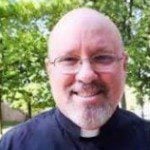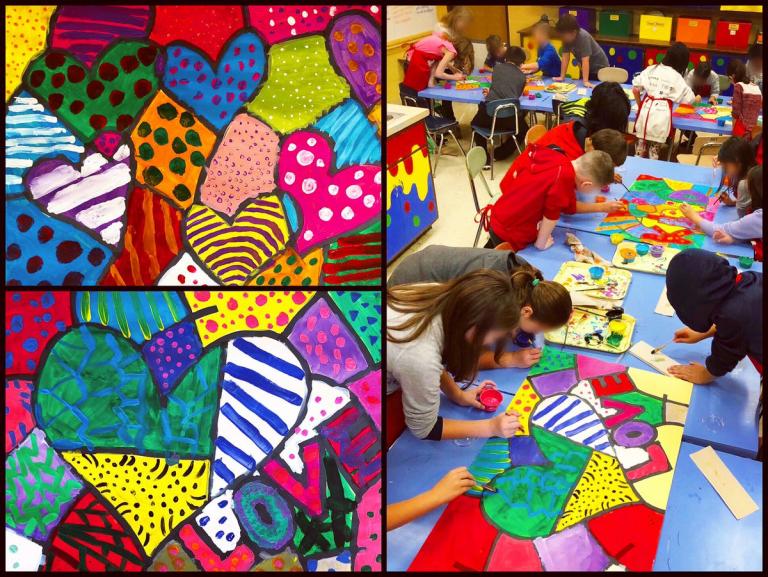One of the most interesting, thought-provoking programs on public radio is On Being. Kristen Tippet is the host and executive producer and is also creator of an extraordinarily important program called The Civil Conversations Project. The title of this program juxtapositions itself in the divisive and hateful conversations that have become regular fare in this election cycle and the persistent “gridlock” between political parties and ideologies in our nation’s capital.
The CCP is a series of online resources for beginning new conversations in public life at every level that ask these questions: “How do we speak the questions we don’t know how to ask each other? Can we find ways to bridge gulfs between us about faith, politics, morality, and life itself? Can we do that even while we continue to disagree, passionately? How is technology playing into all this, and how can we shape it?”
These questions but us up against the political rancor that has raised the heat in the misconceptions and fears many of us have of one another. The intensified “Islamophobia” that arose out of this acrimonious environment is in some ways iconic of our fractured nation and world. The gulfs between us who hold different faiths and worldviews, religious and non-religious, is not a divide of ideologies and world views, it is chasm of deafness where few are really listening. Anger and fear are the driving force.
In my work in interfaith and inter-secular dialogue, we know that our diversity is not a problem to fix, but a mysterious part of our collective humanity whose meaning must be unearthed in conversation with each other, a careful paying attention to what matters. We are not religious and secular ideas or abstractions competing with one another, but human beings who hold beliefs and convictions in very imperfect ways. They are the signposts of our life journeys.
We all have stories, a history mixed with often unexpected learning, burdens that are hard to articulate, wounds that yearn to be healed. A friend of mine tags each of her emails with this thought: “Engrave this upon your heart: there isn’t anyone you couldn’t love once you heard their story.” The snippets of life stories I have heard from my secular friends have opened my eyes to the misconceptions and stereotypes I and my faith colleagues hold to. Even more, notwithstanding the differences, how we all impact the common good in surprising, unexpected ways.
One way this is playing out is through an wonderful group of diverse people I worked with on several occasions called Interfaith Youth Core. The purpose of IFYC is to create a whole new generation of interfaith leadership across campuses of colleges and universities nationwide. Interfaith here is not only among those who hold to some type of religion, but with those who do not as well. They were some of the first to bring together secular and religious voices in order to reshape the very notion of interfaith dialogue.
On April 7, IFYC organized #bettertogetherday where thousands of people across the country worked to promote interfaith literacy through interfaith discussions, events, and acts of service. This literacy isn’t just an understanding of religious facts and texts. It’s an understanding of how different people live their beliefs and values and how those values influence our common home. We need to hear each other.
 FR. CARL CHUDY is a Catholic priest and Provincial Superior of the Xaverian Missionaries in Wayne, New Jersey. He holds a Masters in Divinity from Catholic Theological Union with a cross-cultural specialization. Carl is currently involved in interfaith initiatives, including extensive work with the American Humanist Association.
FR. CARL CHUDY is a Catholic priest and Provincial Superior of the Xaverian Missionaries in Wayne, New Jersey. He holds a Masters in Divinity from Catholic Theological Union with a cross-cultural specialization. Carl is currently involved in interfaith initiatives, including extensive work with the American Humanist Association.
















